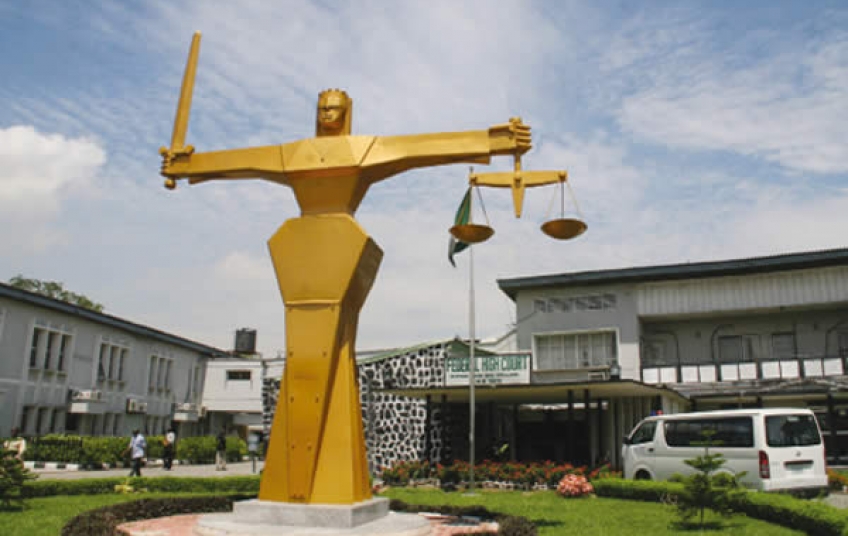2020 upheavals dog judiciary
Last year, the Nigerian judiciary suffered from some unprecedented events such as the COVID-19 pandemic and the #EndSARS protests which negatively impacted it and the entire society. The role of the judiciary in a democratic setting cannot be overemphasised as it upholds the rule of law, protects the state from anarchy and preserves rights and […]

Last year, the Nigerian judiciary suffered from some unprecedented events such as the COVID-19 pandemic and the #EndSARS protests which negatively impacted it and the entire society.
The role of the judiciary in a democratic setting cannot be overemphasised as it upholds the rule of law, protects the state from anarchy and preserves rights and interests of persons.
Specifically, these events have brought the judiciary to it’s knees. The coronavirus led to the rise of the calls for social distancing and the use of technology in justice delivery, while the burning of the Lagos Division of the Court of Appeal, Lagos High Courts and other courts nationwide necessitated the relocations of the courts.
Needless to say that the immediate effect of these events was to paralyze the courts and so many cases have missed their turn. Many sensitive files containing wills and probate business together with ongoing court case files have been totally burnt thereby further creating the problem of backlog and court congestion.
These problems are further compounded by the issue of nationwide insecurity that has further negatively impacted the legal profession. In fact, most lawyers can no longer travel outside their jurisdiction to conduct cases.
According to Ebun Adegoruwa (SAN), there is crisis rocking the judiciary.
For his part, Kubiat Umana is of the view that “every aspect of the judicial process has succumbed to the scourge of corruption despite the provisions of the Code of Conduct for judicial officers, and criminal laws which demand that judicial officers refrain from engaging in unethical and corrupt behaviour.”
“Far too often, the outcome of a case depends not on the merits and strength of the case but on the whims and caprices of the presiding judge,” he said.
Meanwhile, judges still write in long hand which has sent many of them to their untimely graves, leaving others battling with one form of sickness or the other. It is also one of the reasons litigants experience delay in cases.
Daily Trust findings show that on the average, hearing in a case at first instance in a superior court can take as long as 3-5 years with another 6-10 years consumed in appellate proceedings.
Inadequate, poor infrastructure, aging and deteriorating facilities severely undermine the fair and speedy administration of justice and encourages corruption. For a case file to be transferred from one judge to another now takes six months.
